Filter by
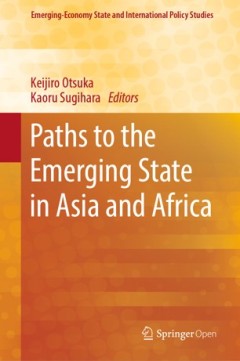
Paths to the emerging state in Asia and Africa
This book addresses the issue of how a country, which was incorporated into the world economy as a periphery, could make a transition to the emerging state, capable of undertaking the task of economic development and industrialization. It offers historical and contemporary case studies of transition, as well as the international background under which such a transition was successfully made (or…
- Edition
- -
- ISBN/ISSN
- 9789811331312
- Collation
- -
- Series Title
- -
- Call Number
- 338.90091724 PAT p
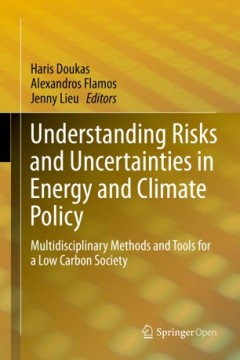
Understanding risks and uncertainties in energy and climate policy : multidis…
This open access book analyzes and seeks to consolidate the use of robust quantitative tools and qualitative methods for the design and assessment of energy and climate policies. In particular, it examines energy and climate policy performance and associated risks, as well as public acceptance and portfolio analysis in climate policy, and presents methods for evaluating the costs and benefits o…
- Edition
- -
- ISBN/ISSN
- 9783030031527
- Collation
- xvi, 259p. : ill.
- Series Title
- -
- Call Number
- 333.79 UND u
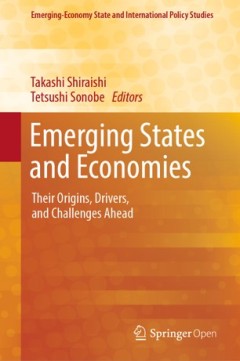
Emerging states and economies : their origins, drivers, and challenges ahead
This open access book asks why and how some of the developing countries have “emerged” under a set of similar global conditions, what led individual countries to choose the particular paths that led to their “emergence,” and what challenges confront them. If we are to understand the nature of major risks and uncertainties in the world, we must look squarely at the political and economic…
- Edition
- -
- ISBN/ISSN
- 9789811326349
- Collation
- x, 177p. : ill.
- Series Title
- -
- Call Number
- 338.9 EME e
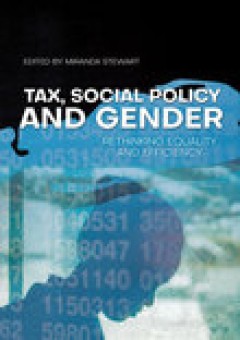
Tax, social policy and gender
Gender inequality is profoundly unjust and in clear contradiction to the philosophy of the ‘fair go’. In spite of some action by recent governments, Australia has fallen behind in policy and outcomes, even as the G20 group of nations, the Organisation for Economic Co-operation and Development and the International Monetary Fund are paying renewed attention to gender inequality. Tax, Social …
- Edition
- -
- ISBN/ISSN
- 9781760461478
- Collation
- 384 p.; 22 cm.
- Series Title
- -
- Call Number
- 330 TAX t
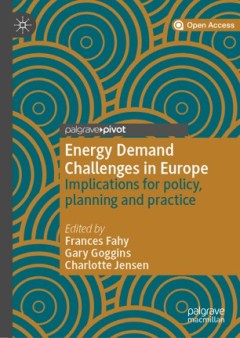
Energy demand challenges in Europe : implications for policy, planning and pr…
This open access book examines the role of citizens in sustainable energy transitions across Europe. It explores energy problem framing, policy approaches and practical responses to the challenge of securing clean, affordable and sustainable energy for all citizens, focusing on households as the main unit of analysis. The book revolves around ten contributions that each summarise national trend…
- Edition
- -
- ISBN/ISSN
- 9783030203399
- Collation
- xv, 157p. : ill.
- Series Title
- -
- Call Number
- 333.79094 ENE e
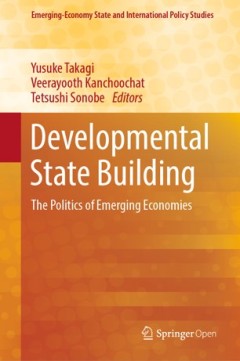
Developmental state building : the politics of emerging economies
This open access book modifies and revitalizes the concept of the ‘developmental state’ to understand the politics of emerging economy through nuanced analysis on the roles of human agency in the context of structural transformation. In other words, there is a revived interest in the ‘developmental state’ concept. The nature of the ‘emerging state’ is characterized by its attitude t…
- Edition
- -
- ISBN/ISSN
- 9789811329043
- Collation
- xiv, 185p. : ill.
- Series Title
- -
- Call Number
- 338.9 DEV d
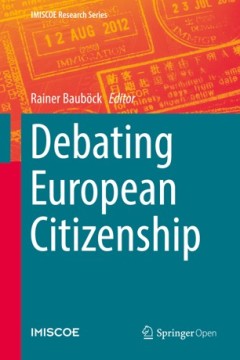
Debating European citizenship
This open access book raises crucial questions about the citizenship of the European Union. Is it a new citizenship beyond the nation-state although it is derived from Member State nationality? Who should get it? What rights and duties does it entail? Should EU citizens living in other Member States be able to vote there in national elections? If there are tensions between free movement and soc…
- Edition
- -
- ISBN/ISSN
- 9783319899053
- Collation
- xviii, 313p. : ill.
- Series Title
- -
- Call Number
- 323.6094 DEB d
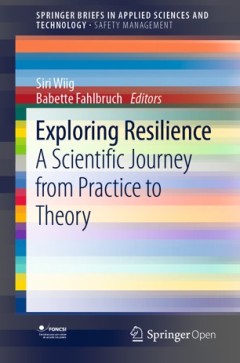
Exploring resilience : a scientific journey from practice to theory
Resilience has become an important topic on the safety research agenda and in organizational practice. Most empirical work on resilience has been descriptive, identifying characteristics of work and organizing activity which allow organizations to cope with unexpected situations. Fewer studies have developed testable models and theories that can be used to support interventions aiming to increa…
- Edition
- -
- ISBN/ISSN
- 9783030031893
- Collation
- vi, 128p. : ill.
- Series Title
- -
- Call Number
- 363.11 EXP e
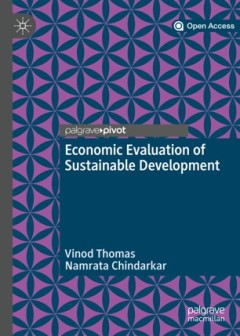
Economic evaluation of sustainable development
This book presents methods to evaluate sustainable development using economic tools. The focus on sustainable development takes the reader beyond economic growth to encompass inclusion, environmental stewardship and good governance. Sustainable Development Goals (SDGs) provide a framework for outcomes. In illustrating the SDGs, the book employs three evaluation approaches: impact evaluatio…
- Edition
- -
- ISBN/ISSN
- 9789811363894
- Collation
- xxiii, 145p. : ill.
- Series Title
- -
- Call Number
- 338.927 THO e
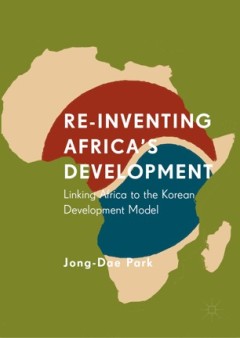
Re-inventing Africa's development : linking Africa to the Korean development …
This open access book analyses the development problems of sub-Sahara Africa (SSA) from the eyes of a Korean diplomat with knowledge of the economic growth Korea has experienced in recent decades. The author argues that Africa's development challenges are not due to a lack of resources but a lack of management, presenting an alternative to the traditional view that Africa's problems are caused …
- Edition
- -
- ISBN/ISSN
- 9783030039462
- Collation
- xxi, 449p. : ill.
- Series Title
- -
- Call Number
- 338.967 PAR r
 Computer Science, Information & General Works
Computer Science, Information & General Works  Philosophy & Psychology
Philosophy & Psychology  Religion
Religion  Social Sciences
Social Sciences  Language
Language  Pure Science
Pure Science  Applied Sciences
Applied Sciences  Art & Recreation
Art & Recreation  Literature
Literature  History & Geography
History & Geography